Dragon Age: The Veilguard romances feel like a step back from Inquisition, despite the success of Baldur's Gate 3
Opinion | They're just not that into you - but sometimes that's a good thing
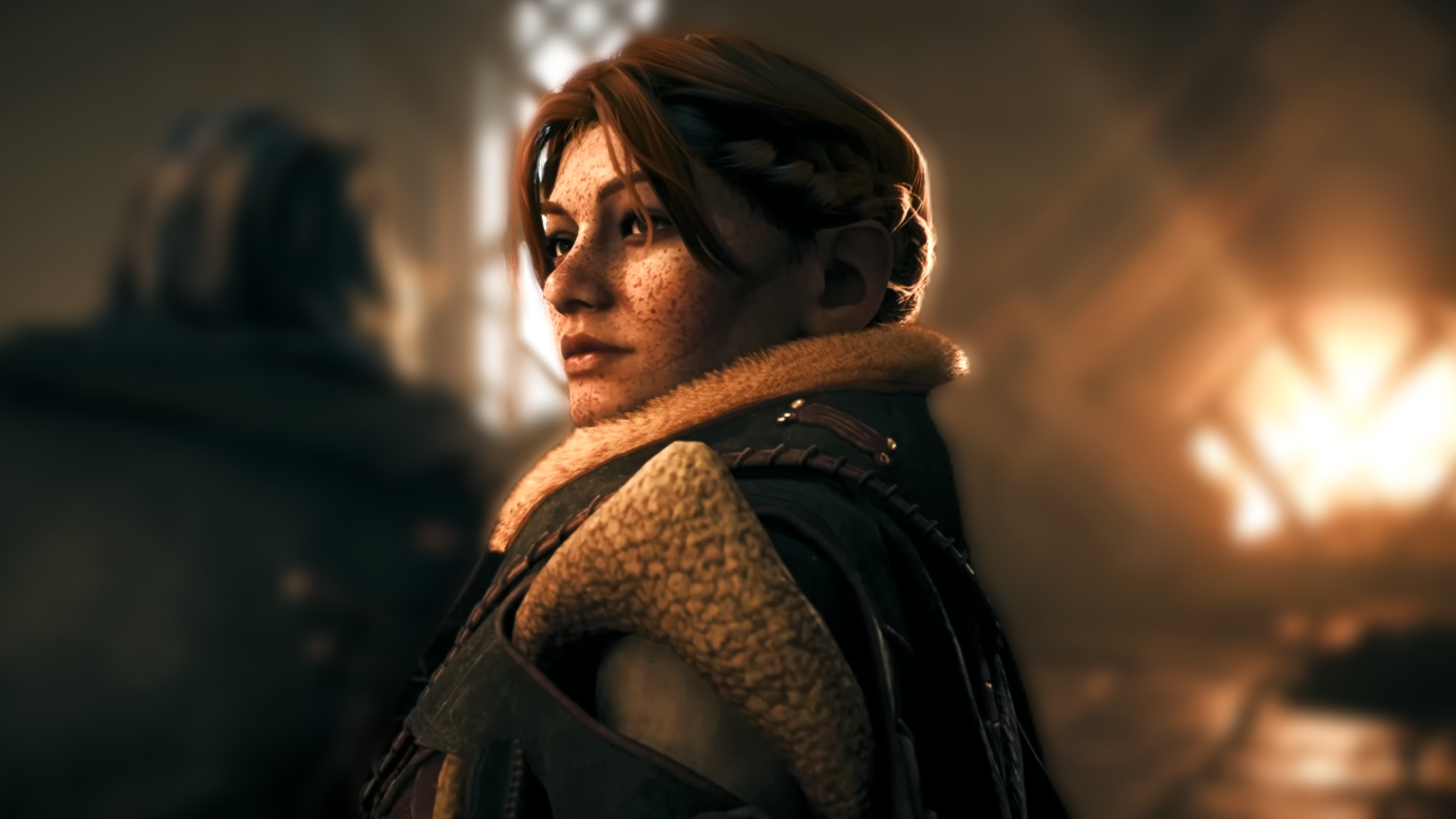
Almost a decade ago, I played Dragon Age: Inquisition for the first time and romanced sweet Josephine Montilyet, the quietly naughty ambassador with a scandalous bardic backstory. With every romanceable character, in friendship, flirtation, or uh, other things, the waters run deeper than they first appear. It's part of what made me come back for multiple playthroughs with male and female Inquisitors, elven, dwarven, Qunari and (ugh, if I have to) human. It's a needs-must deal, if you want to pull off collecting the full set of paramours.
The arc of a certain beautifully moustachioed mage from Tevinter is especially rich with yearning, heartache and queer fury, if you approach a romance with him both as a man and a woman. When we first meet Dorian Pavus, he's in the closet, but just a close brush with a worthy stud away from coming out. If he's not swept off his feet by the Inquisitor, then Iron Bull soon does the job once recruited to the Inquisition.
Make your intentions known as a lady in love however, and he plays the part for a while. That is, until you embark on his companion quest, which forces him to confront his homophobic father. On the verge of tears, he exposes the Pavus patriarch's attempt to “change” his own son's sexuality through blood magic, in a bid to maintain the family's power and influence. A heartbreakingly nuanced story that would have been lost had Dorian not been explicitly written as a gay man. But it's these same stories we stand to lose in Dragon Age: The Veilguard.
Unlucky in love
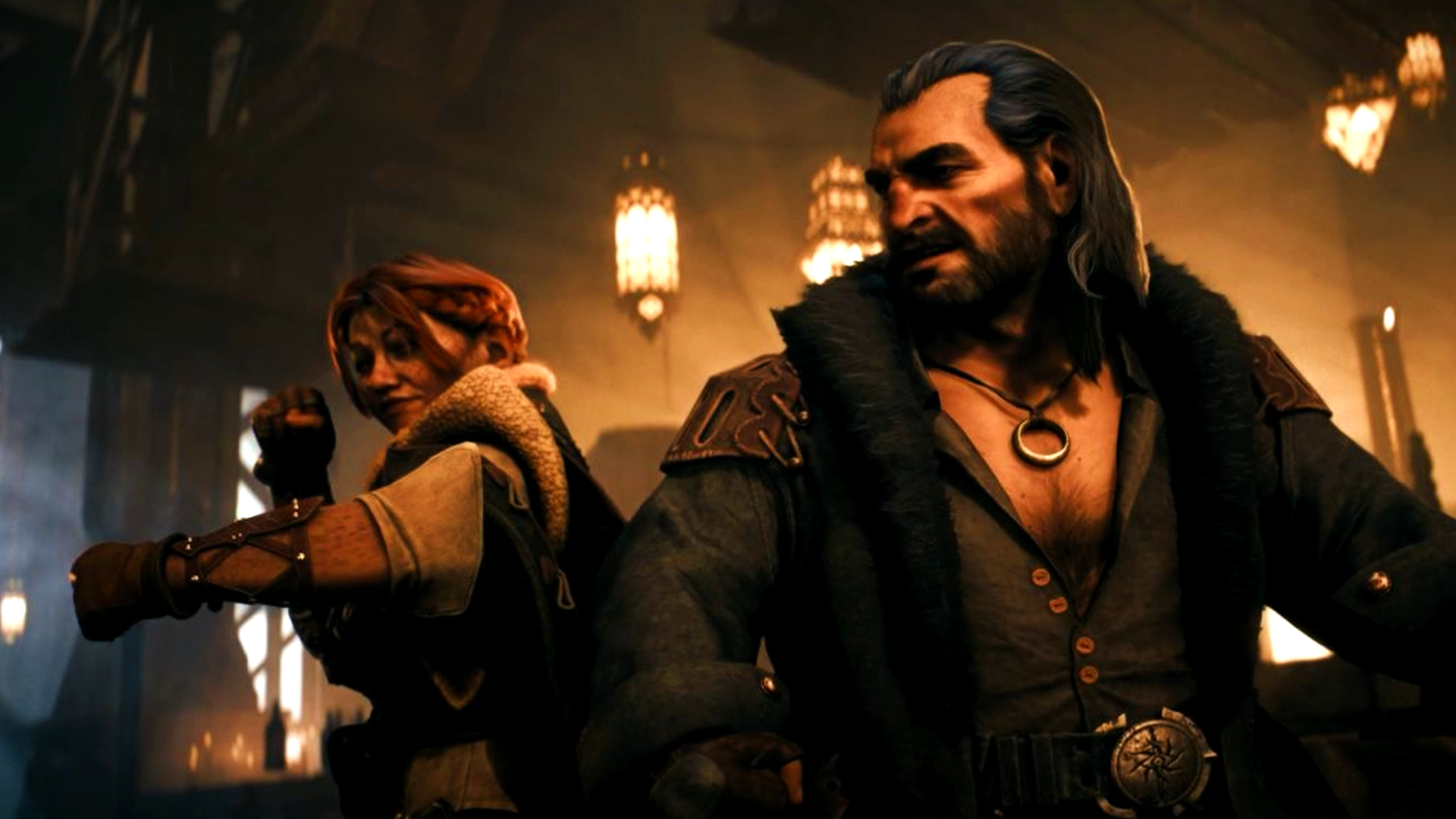
On its surface and in isolation, this shift isn't negative, simply a different tack. But as fantasy RPGs follow the stunning success that was Baldur's Gate 3, there's good cause to be wary of a resurgence in playersexual experiences.
As fun as it can be to take your pick from a buffet of potential beloveds, that doesn't portray the real spectrum of life and love as a queer person. Even by game logic, canonically bi or pansexual characters have their identities too easily eroded, as each individual player plays to their own biases.
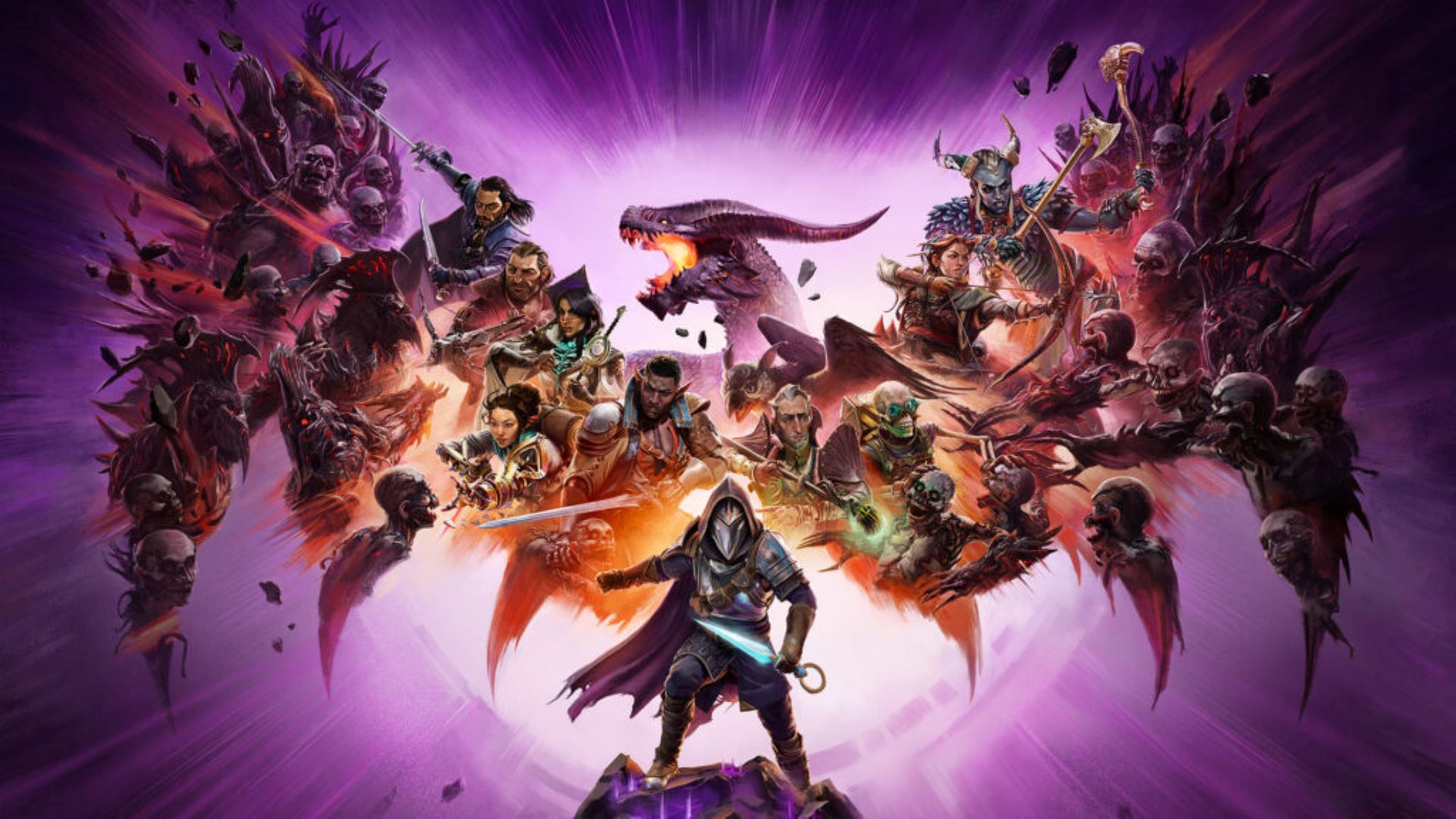
Dragon Age: The Veilguard preview: "This first look has, at a minimum, convinced me I could love a BioWare RPG one more time."
I wonder how queerness will be given space for complex expression outside the player character's journey in Veilguard. It's hard not to worry that, in terms of LGBTQ+ representation, this shift marks a step backwards for the series.
Before the term 'playersexual' was coined, Dragon Age 2 became one of the first in-RPG romance-for-all dating experiences of its kind. That experiment, combined with the explicit sexual preferences at play with the Dragon Age: Origins companions, blossomed into Inquisition's new higher standard for queer rep in gaming, with fully rounded characters who were gay, bisexual, heterosexual, and even (in some readings of Cole) aromantic and asexual.
Weekly digests, tales from the communities you love, and more
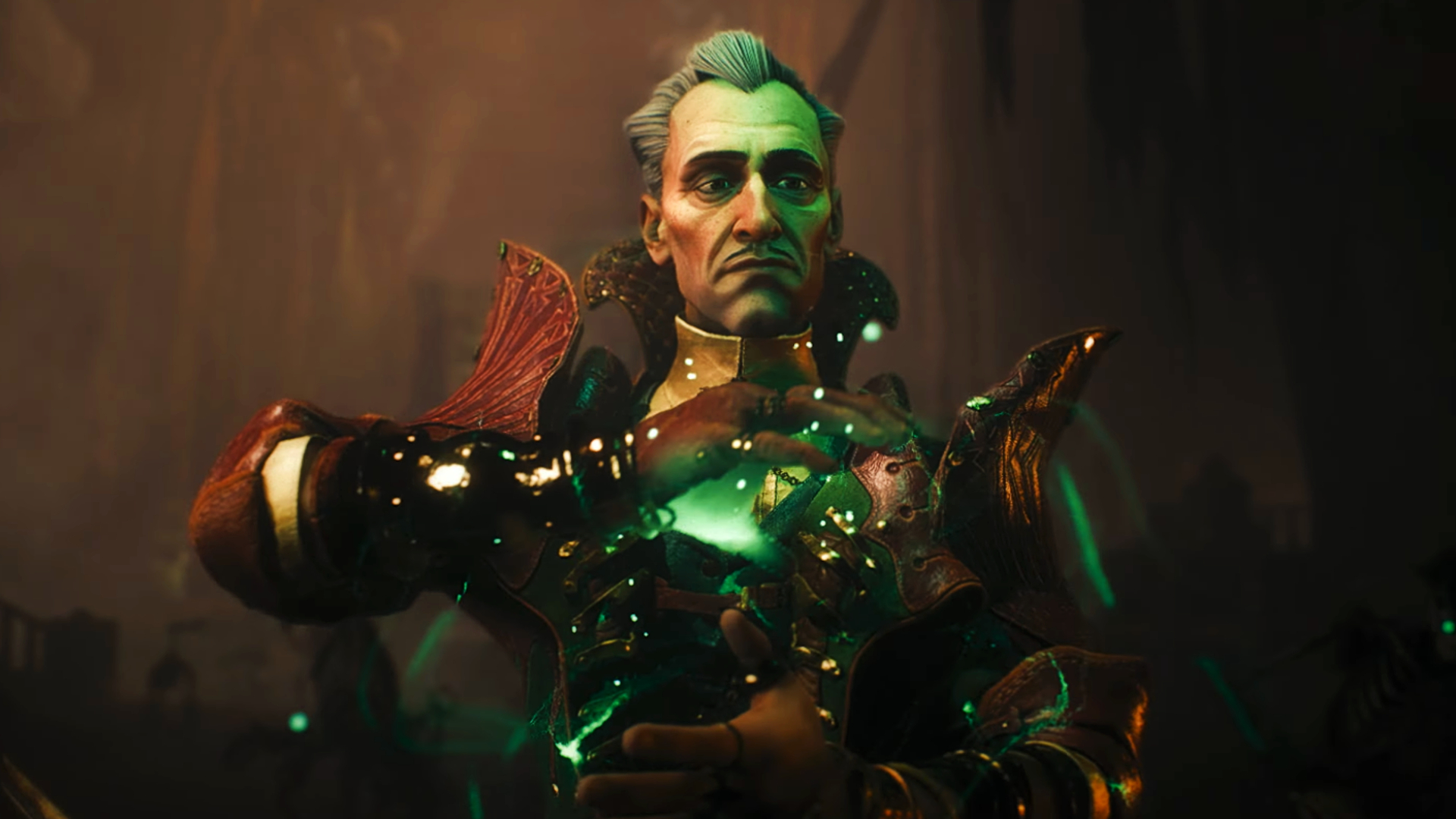
In fact, choosing the 'Cole-stays-a-spirit' track of his companion quest sets him free from the pressure to conform to human ideas of being a 'real' person. Some characters distrust or disdain how he interacts with others, which can come across cold and detached, or just plain strange. In that way, to this autistic gamer and many others, this Fade spirit in human form also depicts a refreshingly relatable neurodivergent experience.
Cole's arc is another we could have missed if every possible companion had been hot for Inquisitor. Without fandom-wide sorrow over our inability to romance Scout Harding, would we have been able to enjoy her company in Veilguard? And ironically, not having these relationship boundaries drawn in leads to straight people – who are equally valid – being quantifiably left out. Think of Cassandra Pentaghast, who rebuffs a female Inquisitor's advances in such an adorably flustered way it's impossible to feel slighted. Without the need for romantic relationships, Inquisition still allowed glimpses into characters' deepest vulnerabilities, the insecurities and embarrassments that made them more loveably human.
It seems Veilguard's model for party romancing will remove the necessity to bump up against the agency of romanceable characters, at least in a romantic context. This at a time when it's ever more important people believe LGBTQIA+ people are who we say we are, and that we deserve to have our identities and autonomy respected. We should be taking care to examine how the playersexual model could erase more identities than it empowers. Besides, it's good, healthy and character-building for us all to get our hearts bruised by characters who just aren't that into us.
This list of best RPGs has plenty to keep you busy until The Veilguard launches
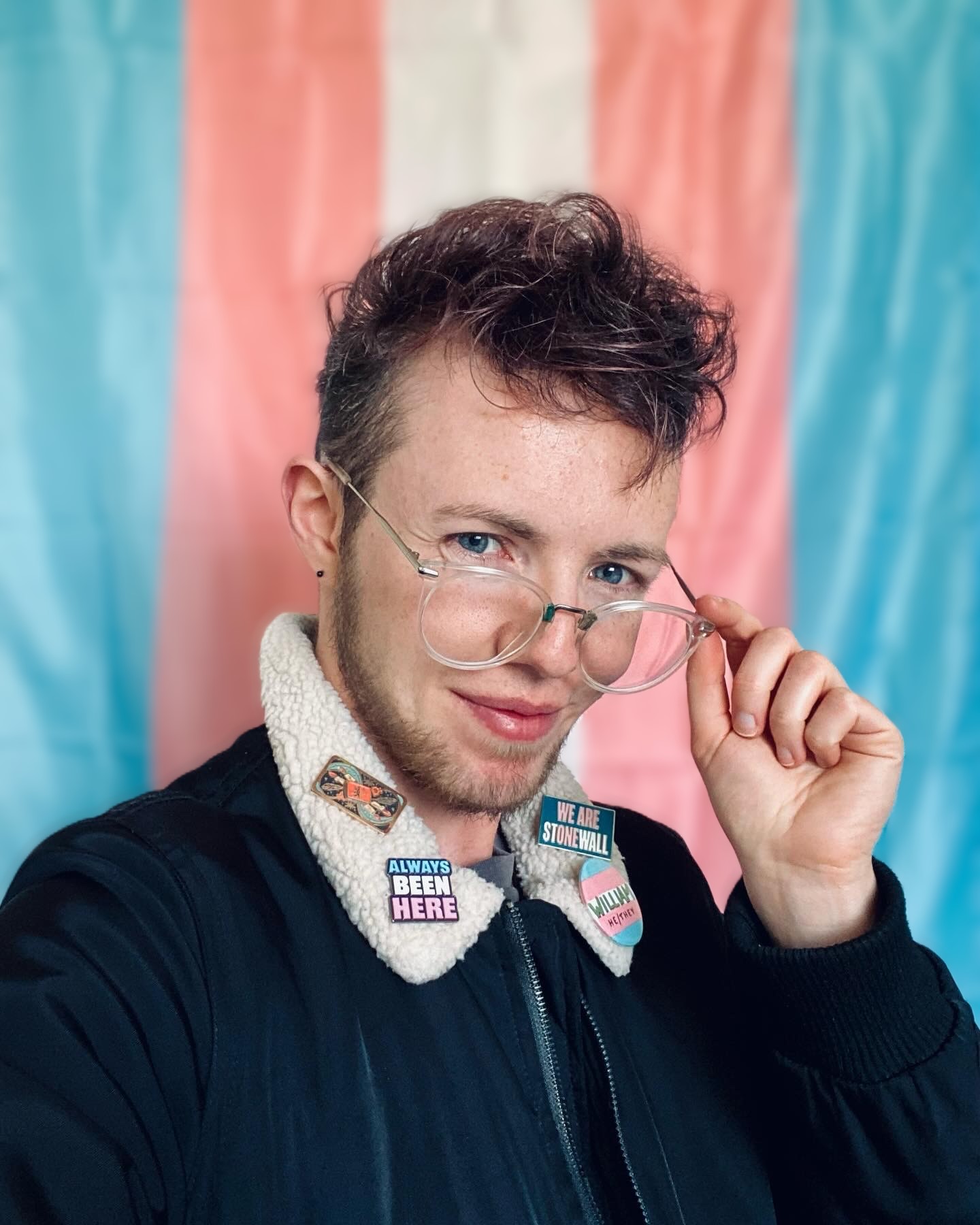
William is a trans masculine, AuDHD writer and Pagan witch who believes in the power of every word. Their journalism has banners at the likes of Metro, The Nation, and with QueerAF, who invited him to write for the first ever Trans+ History Week. But he’s also a dorky softie who loves music, mythologies, and making friends with trees.


